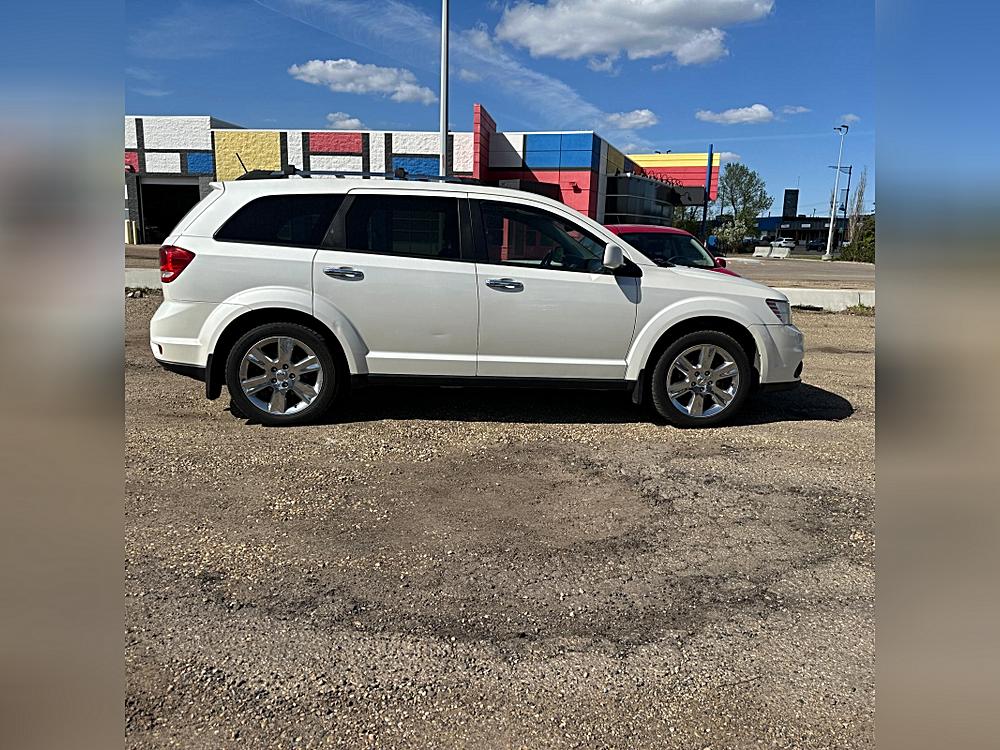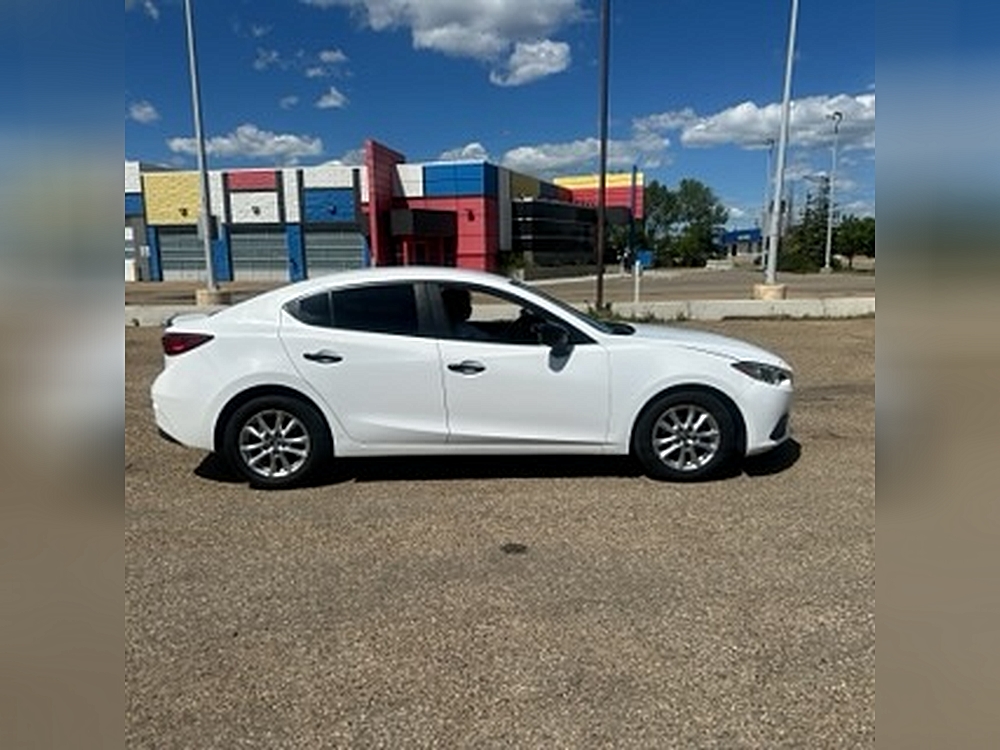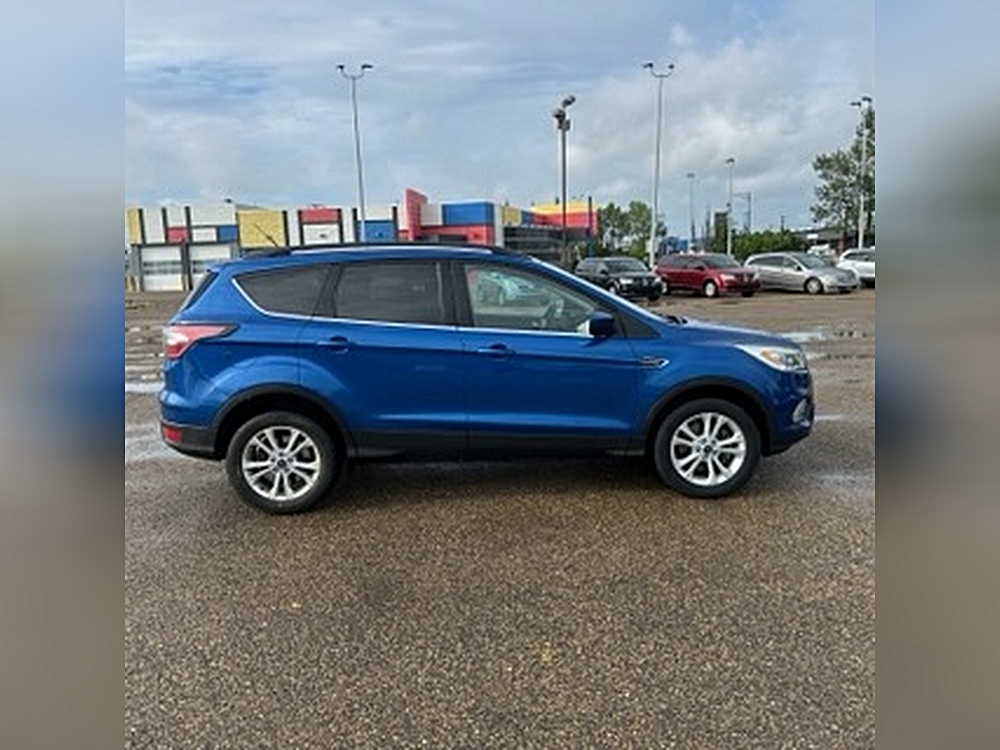- September 29, 2024
- 11:00 am

Buying a car can be both an exciting and daunting experience. With so many options available, it’s essential to arm yourself with the right knowledge to make an informed decision. In this guide, we’ll walk you through the car-buying process, from setting your budget to completing the purchase. Let’s dive in!
Setting Your Budget
The first and most crucial step when buying a car is determining your budget. It’s important to be realistic about how much you can afford, not only for the upfront cost but also for the long-term expenses associated with car ownership.
Considering All Costs
Beyond the purchase price, it’s vital to factor in additional costs such as insurance, maintenance, registration fees, and fuel. Many buyers forget to account for these, leading to financial strain down the road. Knowing the total cost of ownership helps avoid any surprises and ensures you’re financially prepared.
Researching Your Options
Once you’ve set your budget, the next step is to research different car models that fit your preferences and needs. Whether you’re looking at new or used cars, conducting thorough research is key to finding the right vehicle.
New vs. Used Cars
When choosing between a new or used car, it’s important to weigh the benefits and drawbacks. A new car offers the latest features, reliability, and a warranty, but it often comes at a higher price. On the other hand, a used car might provide better value, especially if it’s been well-maintained. Assess your priorities and make the choice that aligns with what matters most to you—budget or features.
Test Driving and Inspecting
After narrowing down your options, the next step is to test drive and inspect the vehicle. This step is crucial because it allows you to experience the car firsthand and check its condition.
Checking the Interior and Exterior
During the test drive, pay attention to the vehicle’s handling, braking, acceleration, and comfort. Don’t forget to check the interior and exterior for signs of wear or damage, like scratches, rust, or seat tears. These details help you avoid future repair costs and ensure you’re making a smart purchase.
Negotiating the Deal
Once you’ve found a car that meets your needs, it’s time to negotiate the price and terms of the deal. Be prepared by researching the market value of the vehicle. This gives you leverage in the negotiation and ensures you’re getting a fair price.
Using Professional Inspections
Having a professional mechanic inspect the car before purchase is a small investment that can save you from bigger problems down the line. An inspection might reveal hidden issues that could cost you money in the future, giving you leverage to negotiate a better price or avoid a problematic vehicle altogether.
Completing the Purchase
After you’ve negotiated and agreed on the terms, it’s time to complete the purchase. This involves signing paperwork and understanding the process.
Understanding the Paperwork
Before finalizing the deal, ensure that you fully understand all the paperwork involved, including the sales contract, title transfer, and any warranties or additional agreements. If something is unclear, ask for clarification. It’s essential to feel confident before signing any legal documents.
For more guidance on buying your next car, visit Gateway Auto & RV Sales & Financing Ltd at 5404 Gateway Blvd NW, Edmonton, Alberta, Canada. With an extensive inventory and flexible financing options, we can assist you in finding the perfect car to meet your needs and budget. Contact us today to learn more!



